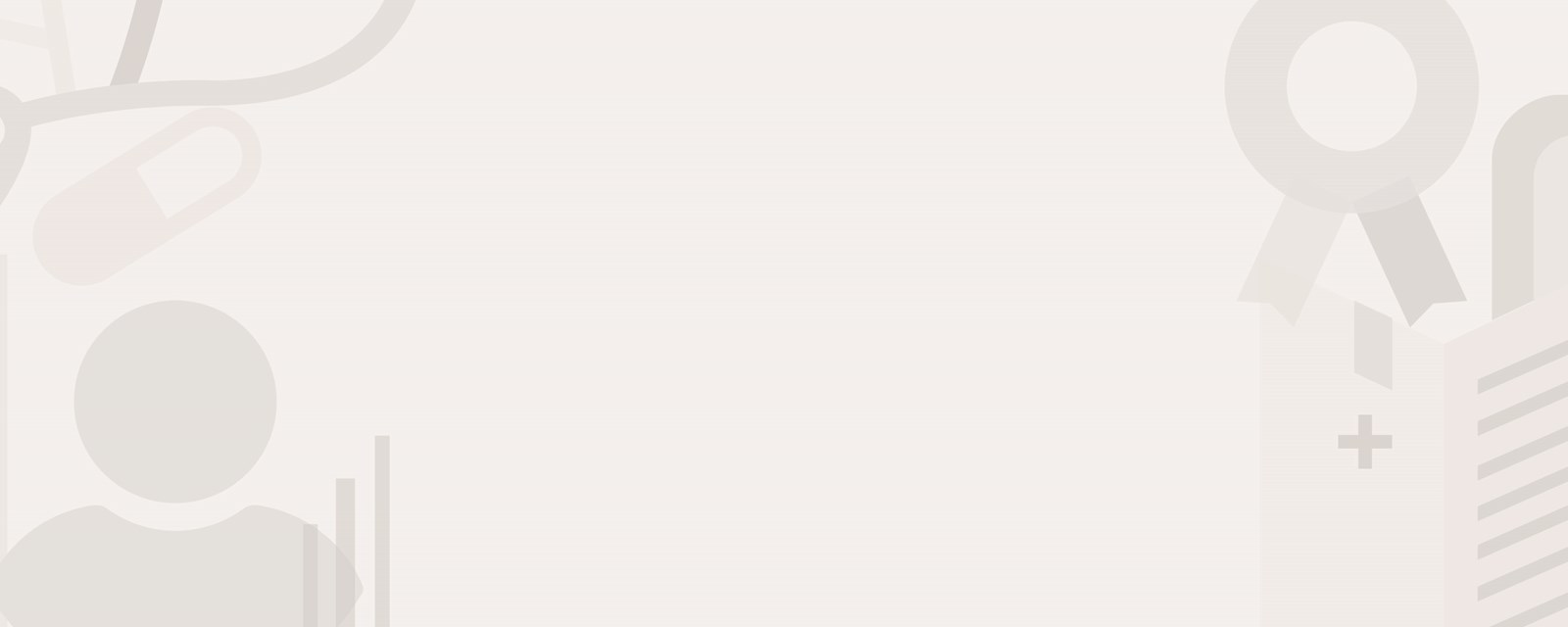
Covid-19: Strategy proposed for safe re-opening of mass live events
A model that has the potential to support the live events industry to re-open safely at full capacity while reducing the risk of Covid-19 transmission has been proposed by a team of public health doctors from Imperial College London and the University of Tartu, Estonia. The pre-event testing and surveillance scheme, which would be managed by event organisers, is outlined in a paper which is in press with the Journal of the Royal Society of Medicine. The authors of the paper say that the model offers a first step towards society learning to live with Covid-19 in a fully re-opened economy, whilst also protecting people attending live events.
Explaining the model, the authors write that once an event is announced, the customer purchases a ticket which would become valid only after they complete a questionnaire and a coronavirus test at home shortly before the event. The test would be videoed or live-streamed to a professionally trained testing control officer, allowing for near-real time assessment of the ticket holder’s identity and test validity.
Dr Matthew Harris, lead author, said: “Mass events, such as the Olympics, routinely use live-streamed testing control officers for anti-doping measures and so the workforce and the technology is already in place to facilitate these processes.”
He went onto explain that ticket holders showing a positive Covid-19 result would receive an automatic full refund of the ticket price. The corresponding ticket would be marked as invalid, and notification of the positive test will be given to public health authorities. The ticket would then be released to people living in areas with lower Covid-19 prevalence to ensure full capacity at the event.
Ticket holders with a negative test would receive a scannable certificate, for example a QR code, to gain access to the event and would follow any measures put in place by the event organisers for distancing, mask-wearing and good hygiene practices. Through predictive risk modelling based on who is attending the event, background infection and vaccination rates and the features of the venue, each ticket holder will receive information about their personalised risk score so they can make an informed decision about whether or not to attend the event. Public health authorities would be able to assess the overall risk of the event taking place.
After the event ticket holders would be asked to follow a 5-day ‘best efforts’ self-isolation protocol and, following the same process, complete a home test for event-acquired infection to assess the effectiveness of the protocol, and so that they can be reassured that they can stop self-isolating after a negative result is obtained. Testing may be rationalised as vaccination and immunity status becomes reliable and accessible.
Dr Harris concluded: “Several steps need to be tested in the model and different scenarios should be explored, including acceptability to customers and the price point for ticket sales that would support a return to profitability for the live events industry. However, because this model allows for events to be held at full capacity, it potentially meets the needs of industry, consumers, the health system and public health and could also be relevant to other mass events including educational conferences and sports events.”
Notes to editors
Safe management of full-capacity live/mass events in COVID19 will require mathematical, epidemiological and economic modelling by M Harris, J Kreindler, A El-Osta, T Esko and A Majeed was published by the Journal of the Royal Society of Medicine (JRSM) on Monday 19 April 2021.
The link for the full paper is: https://journals.sagepub.com/doi/full/10.1177/01410768211007759
Rosalind Dewar
Media Office, Royal Society of Medicine
DL: +44 (0) 1580 764713
M: +44 (0) 7785 182732
E: media@rsm.ac.uk
The Journal of the Royal Society of Medicine (JRSM) is a leading voice in the UK and internationally for medicine and healthcare. Published continuously since 1809, JRSM features scholarly comment and clinical research. JRSM is editorially independent from the Royal Society of Medicine, and its editor is Dr Kamran Abbasi.
JRSM is a journal of the Royal Society of Medicine and it is published by SAGE Publishing.
